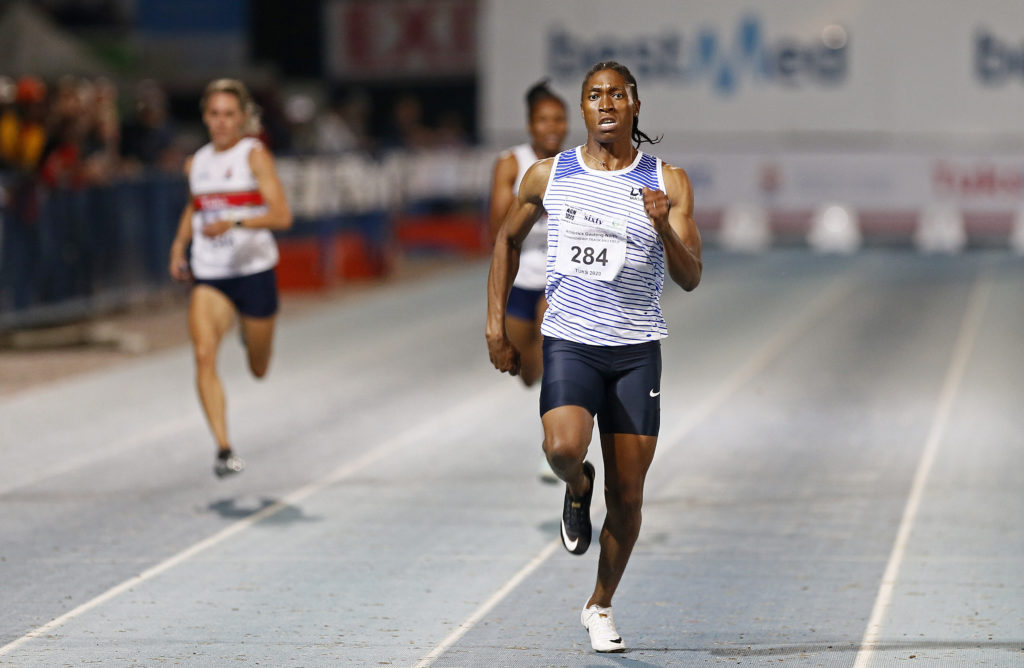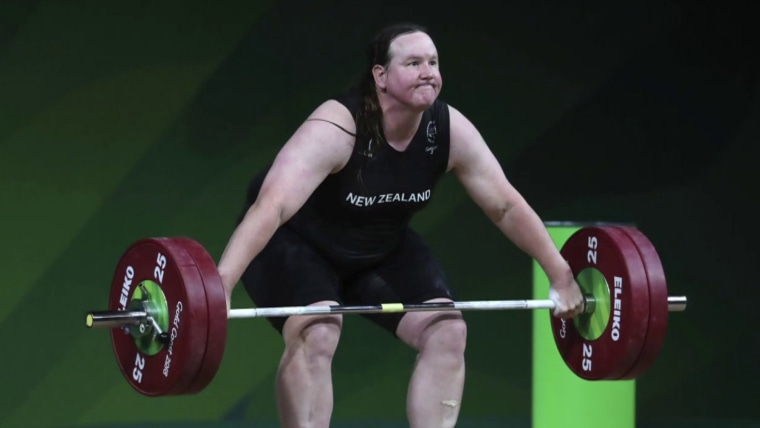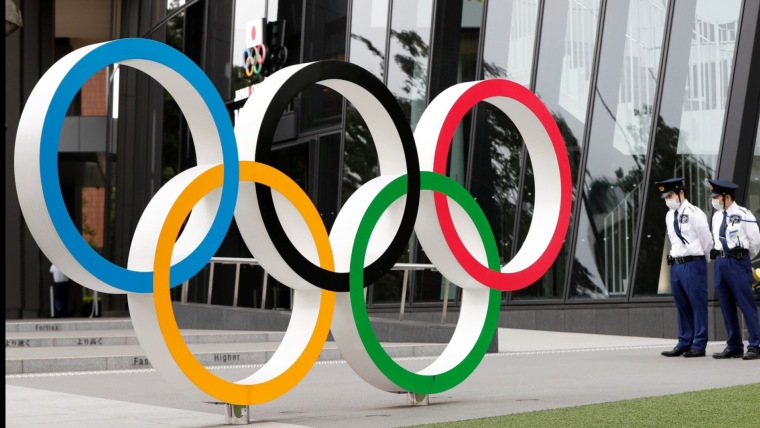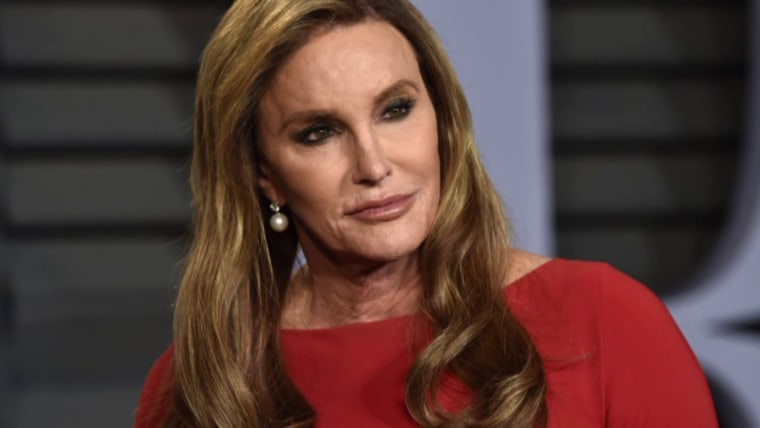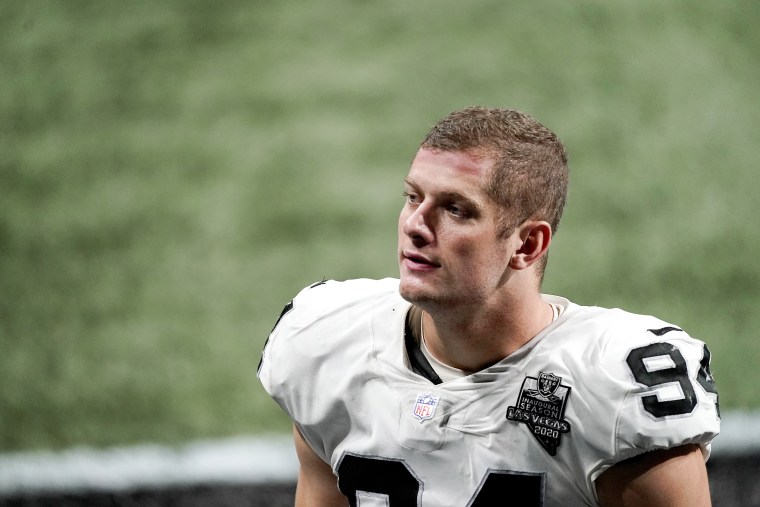Tokyo Paralympic Games welcomes record number of LGBTQ athletes
When the 2020 Paralympics kick off on Aug. 24, there will be at least 27 openly LGBTQ athletes from eight countries competing, according to LGBTQ sports site Outsports.
That’s more than double the 12 who competed at the 2016 Paralympic Games in Rio, and it comes after record-setting representation at the Tokyo Summer Games, where at least 185 queer Olympians competed, according to Outsports.
Lauren Appelbaum of RespectAbility, a nonprofit that works to change how society views people with disabilities, said the increased visibility points to the “large intersection” between the LGBTQ and disabled communities.
“We hope that even more out athletes participate in the future,” Appelbaum said in a statement, “as it is critical for all disabled people to have positive role models for success.”
As with the Summer Olympics, the majority of openly LGBTQ Paralympians are women, including four members of Great Britain’s women’s wheelchair basketball team — Jude Hamer, Robyn Love, Lucy Robinson and Laurie Williams.
Williams and Love, a couple for more than six years, got engaged in February 2020, shortly before the start of the pandemic.https://iframe.nbcnews.com/GZyiJKd?app=1
“I couldn’t imagine what my GB journey would have been like if Laurie and I weren’t together,” Love wrote on Instagram, using a shortened term for Team Great Britain. “I don’t think I would have progressed so quickly without her pushing me so hard, I can still hear ‘one more push’ in my head every time I’m defending.”
The only out gay man at the Tokyo Paralympics is Sir David Lee Pearson, a highly decorated para-equestrian who has won gold 11 times at the Paralympics.
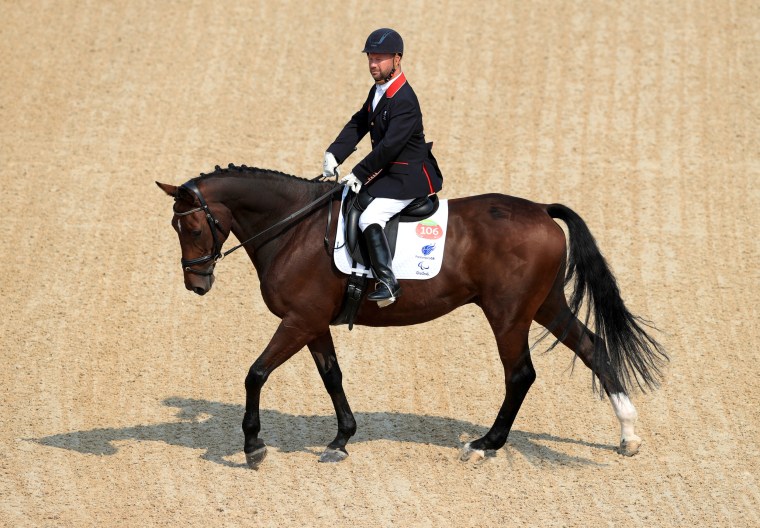
There are also two nonbinary Paralympians competing, both Australian: Wheelchair racer Robyn Lambird and Maria “Maz” Strong, who competes in seated shot put. https://iframe.nbcnews.com/m1LmGwL?app=1
“I love seeing our out Paralympians highlighted because it shows that while we still have a ways to go, as a society, we have become more accepting,” Team USA sitting volleyball player Monique Matthews told Outsports. “People are able to be their authentic selves and feel safe.”
Like the Olympics, the 2020 Paralympics were delayed a year because of the Covid-19 pandemic. During that downtime, American cyclist Monica Sereda, an Army veteran, found love: She and her partner, Samantha, recently celebrated their one-year anniversary.
“She has been a wonderful, amazing partner and supporter,” Sereda told Watermark Online, adding that, because Samantha is a psychotherapist, “she’s been a huge blessing because she’s able to understand disabilities.”https://iframe.nbcnews.com/23QU39R?app=1
Triathlete Hailey Danz, who will also represent Team USA, came out as gay in a heartfelt Instagram in November 2020, admitting “I‘ve spent much of my life building dams — constructing barriers that prevented me from flowing freely — in an attempt to hide my sexuality. ”
“I know there are a lot of people who say that sexuality has no place in sport; that the press should stop sensationalizing who we love and simply focus on the game,” Danz elaborated in a piece on the Team USA website in June. “To those people let me say this: it was by seeing openly gay athletes that I’ve been able to work through my shame and insecurities and accept who I am.” https://iframe.nbcnews.com/byOqJYu?app=1
The Paralympics are the largest sporting event in the world for people with disabilities — this year, welcoming more than 3,500 athletes from at least 134 nations to compete in a total of 540 events across 22 sports, including, for the first time, badminton and Taekwondo.
First held in Rome in 1960, the Paralympic Games were created “to allow athletes with disabilities to strive for and reach the pinnacle of athletic excellence,” according to RespectAbility.
The Winter and Summer Paralympics are held in the same city as the Olympics and use the same facilities. Eligible disabilities are divided into different categories and classifications and vary by sport.
